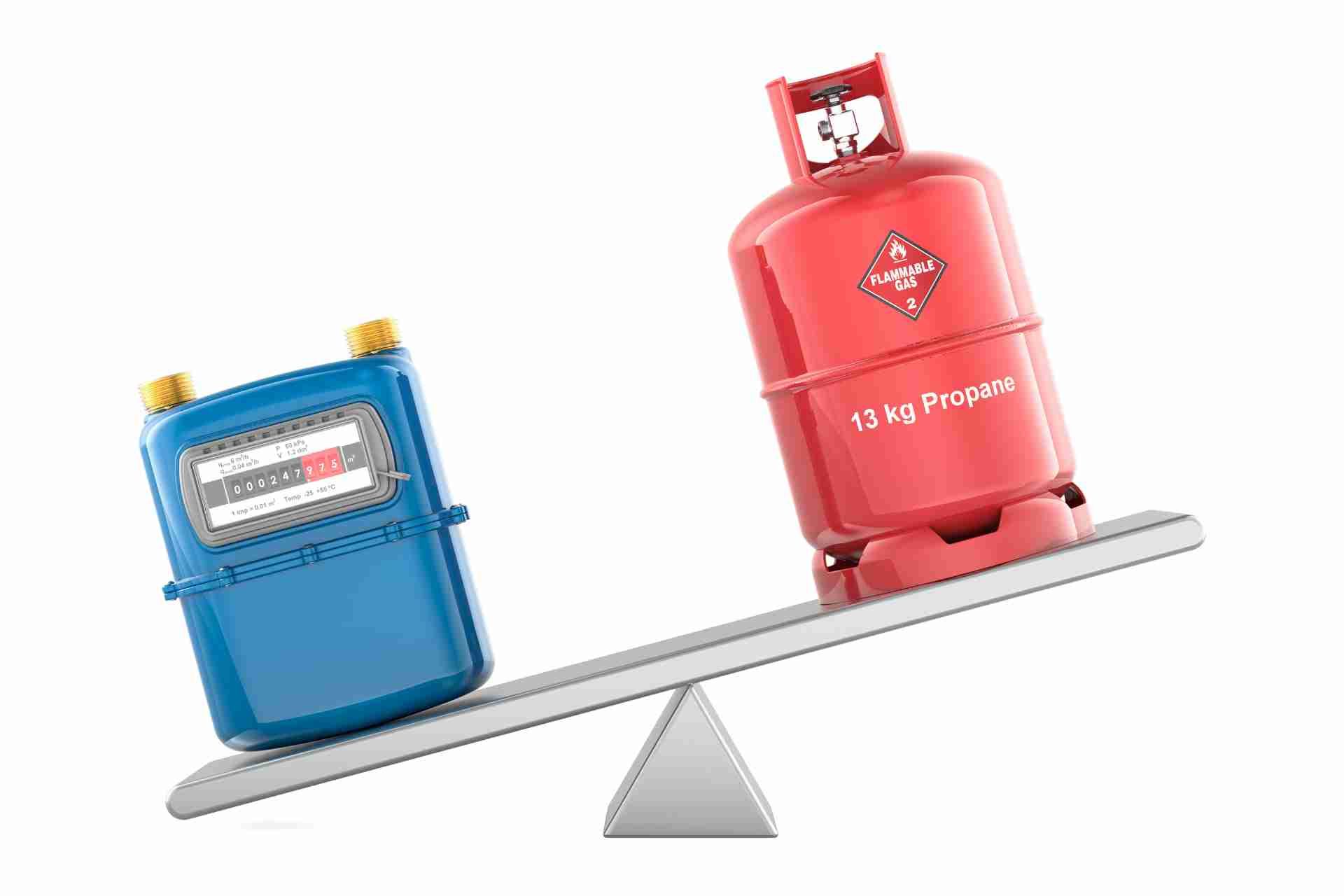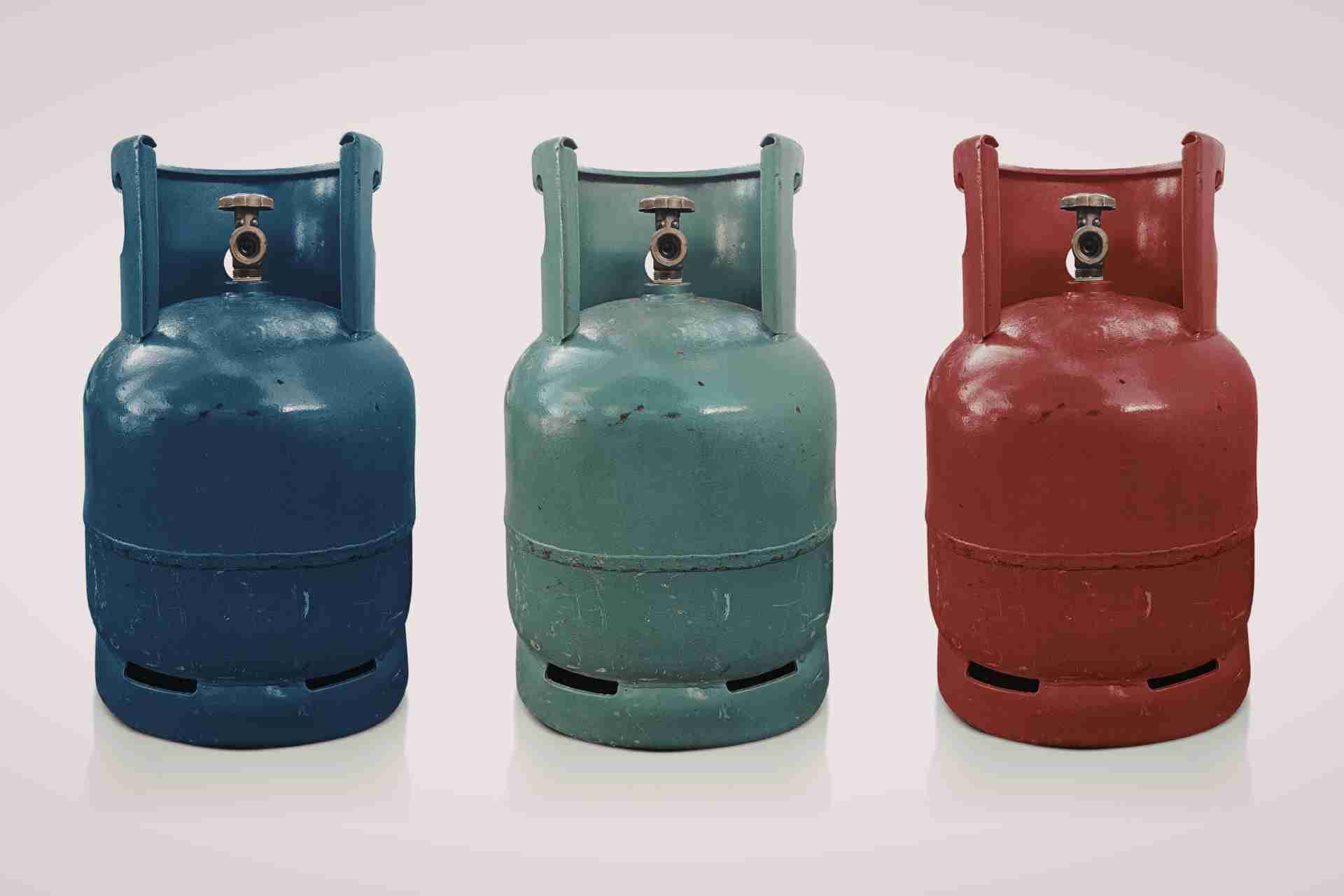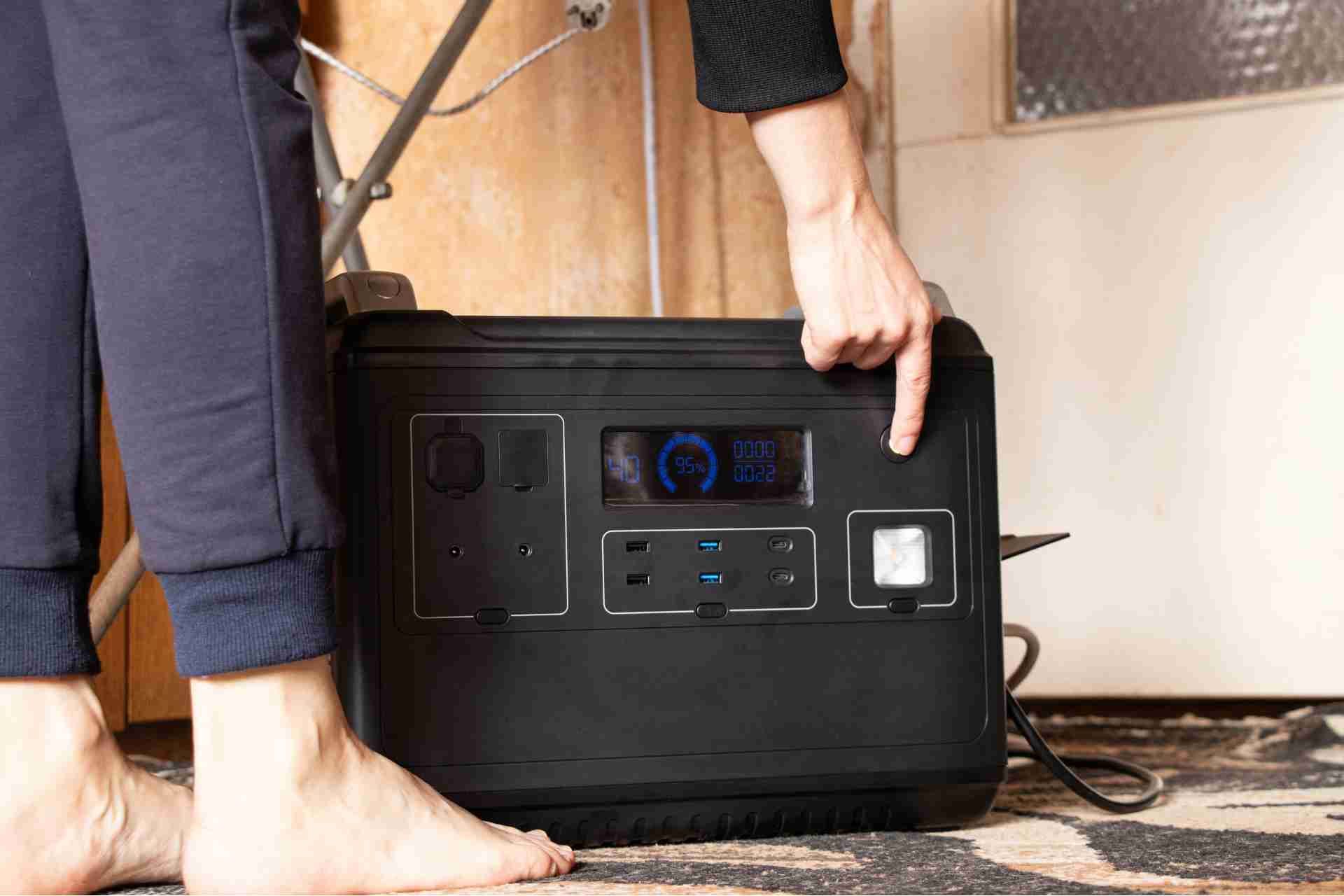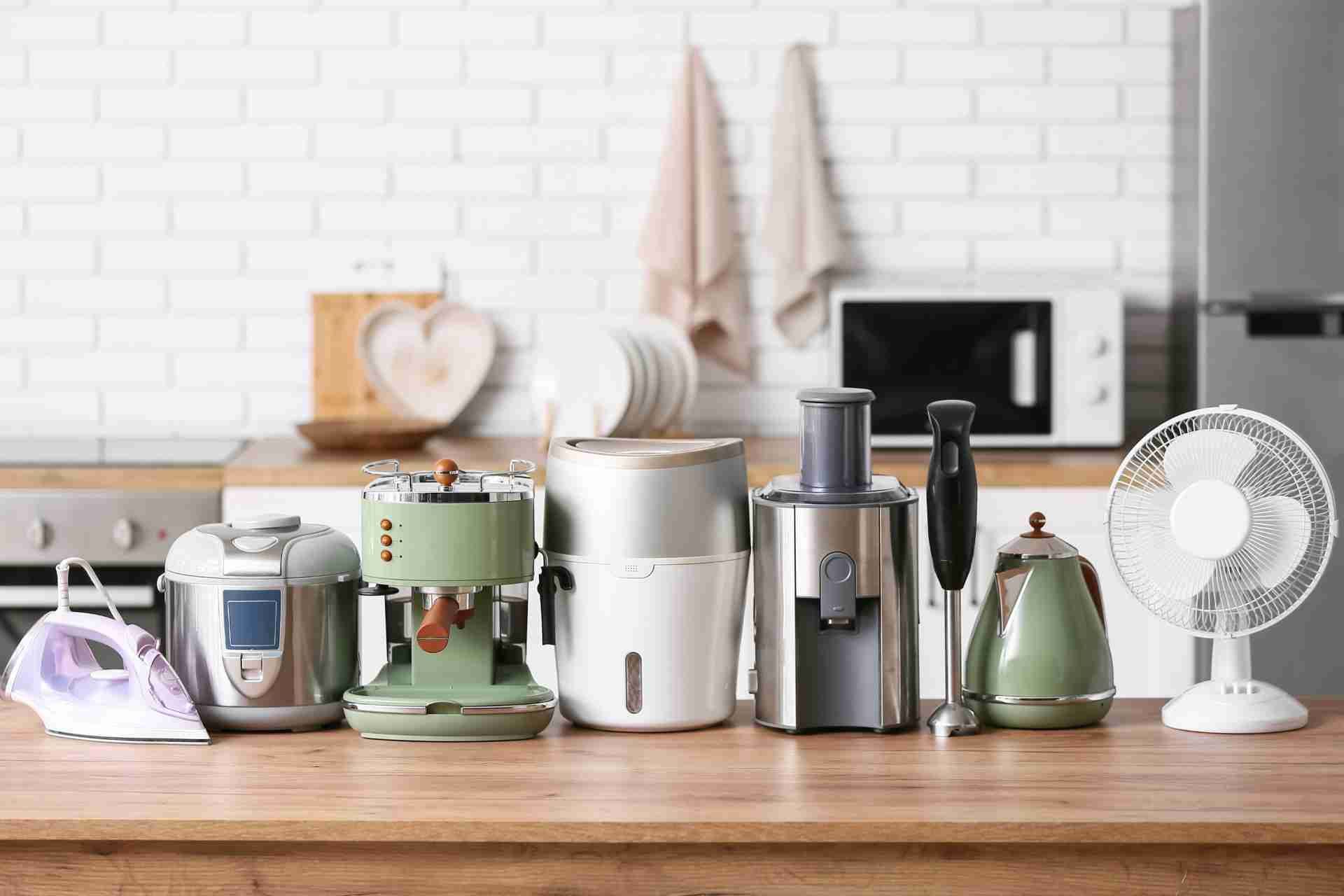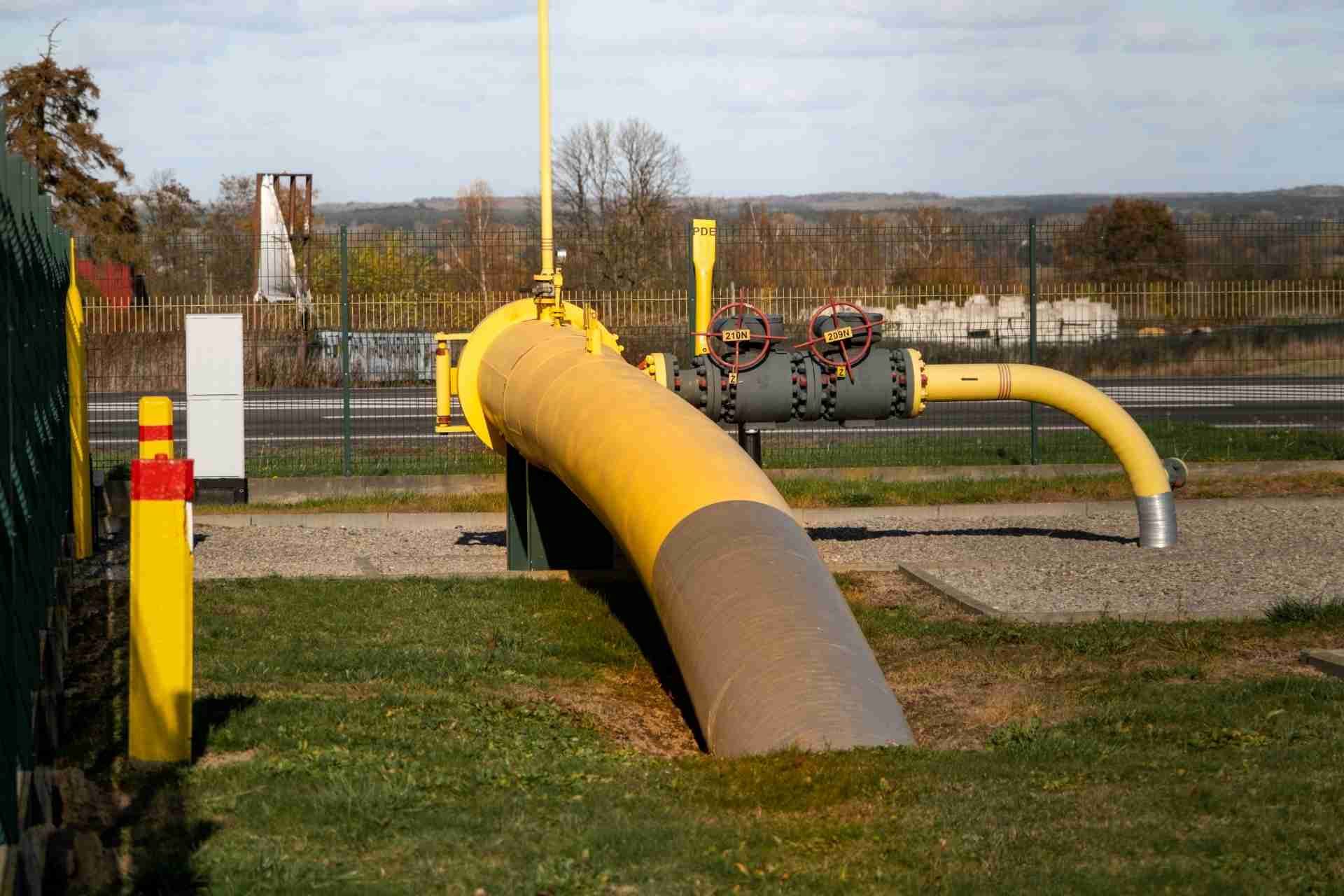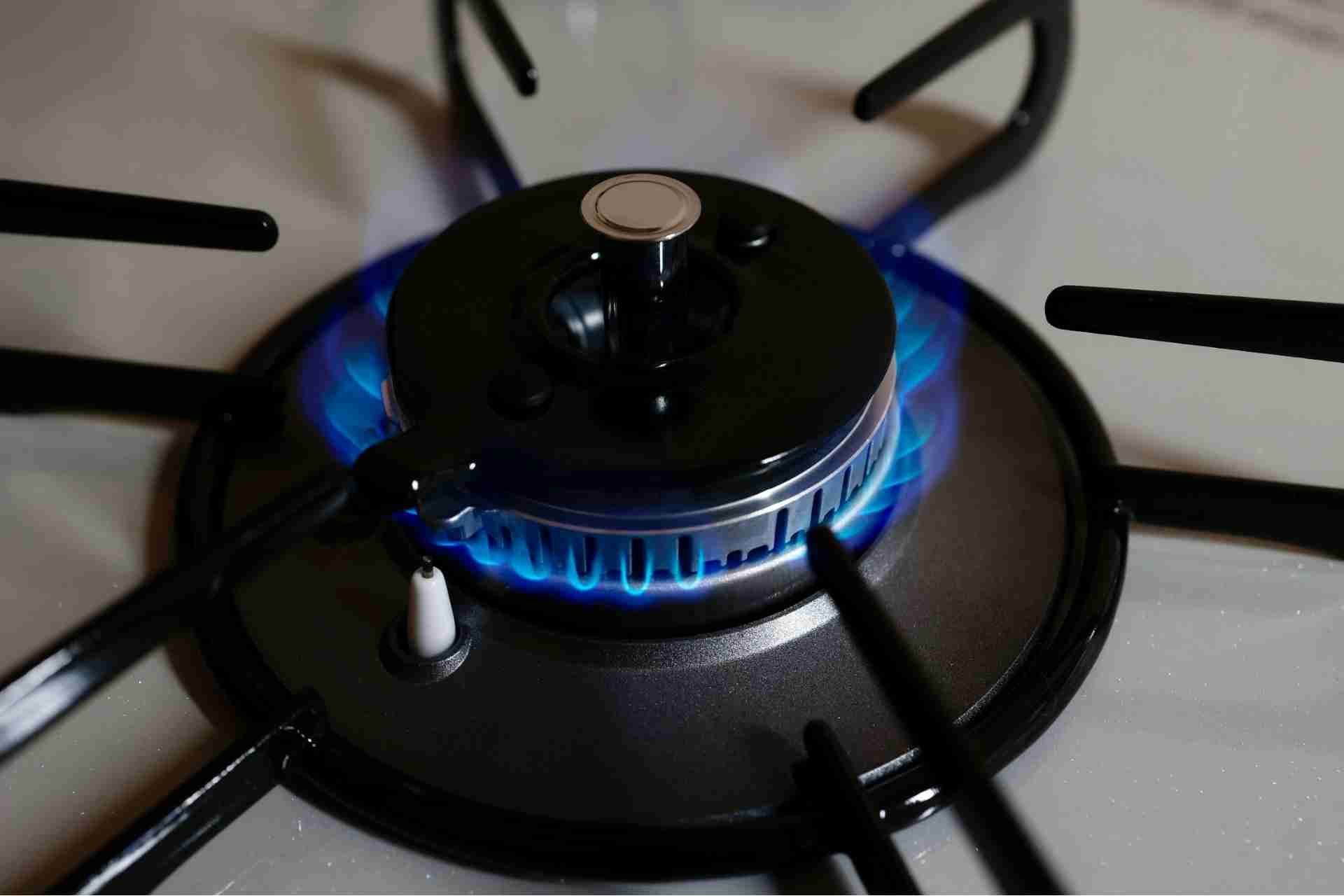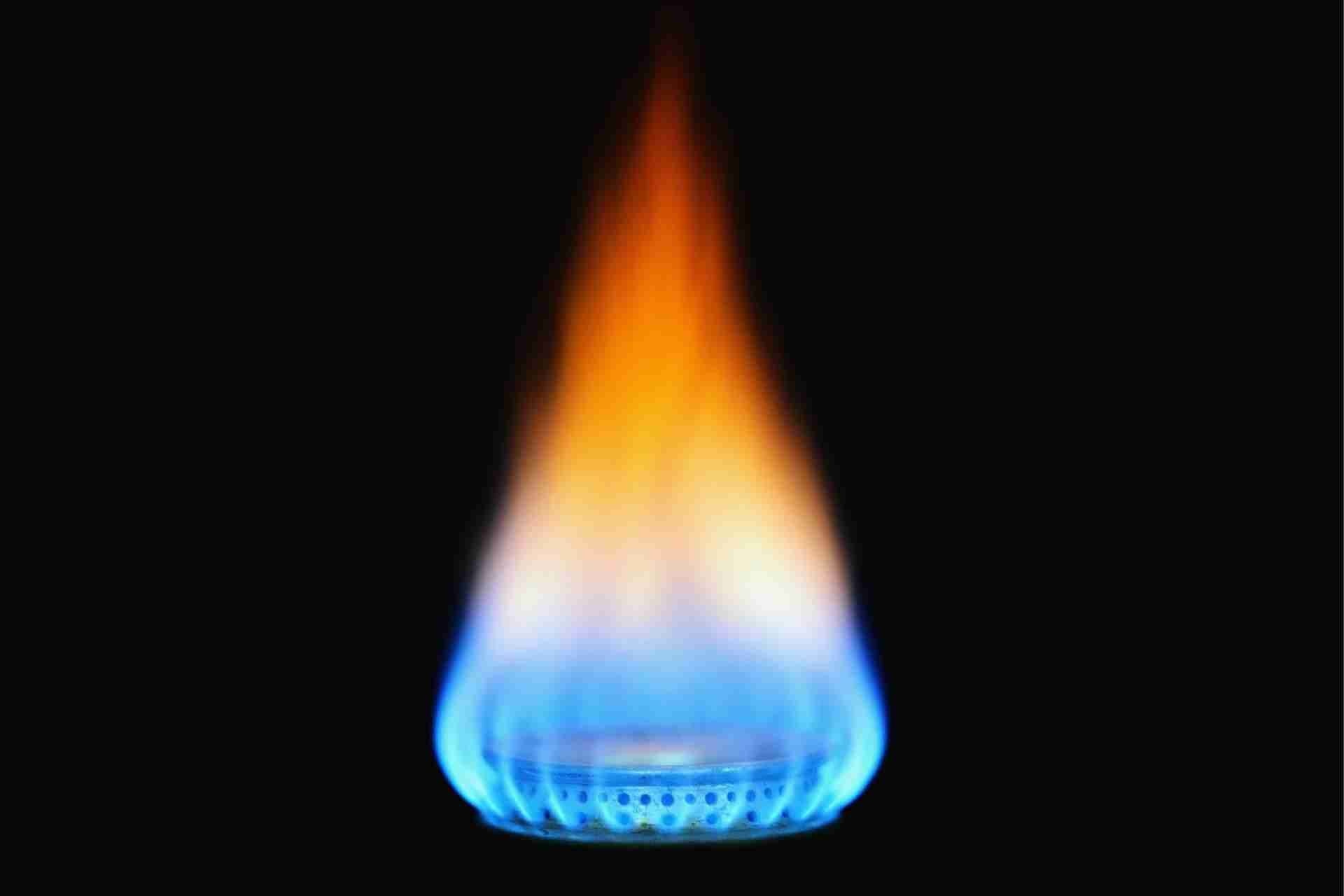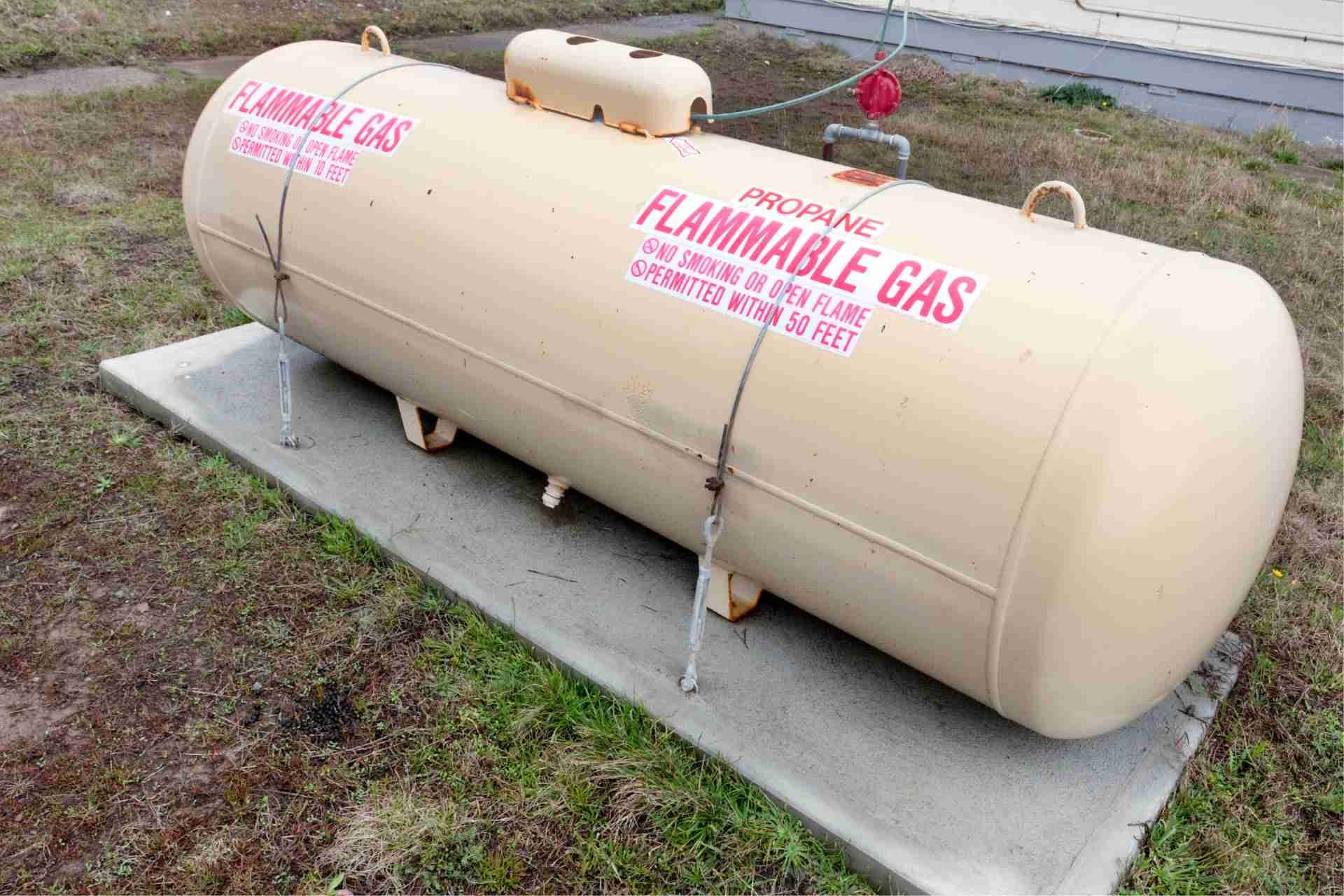Troubleshooting Common Propane Heating System Problems
When you notice issues with your propane heating system, it's important to act quickly. You might find that the heat output is inconsistent or the system simply won't start. Strange noises or a gas odor can also signal deeper problems. By addressing these common concerns, you can enhance performance and safety. Let's explore some troubleshooting steps that could help you pinpoint the exact issue before it escalates.
Inconsistent Heat Output
When you notice inconsistent heat output from your propane heating system, it can be frustrating and uncomfortable.
First, check your thermostat settings. Sometimes, a simple adjustment can resolve the issue. Ensure the thermostat is set to a temperature higher than the current room temperature.
Next, inspect the air filters. Clogged filters restrict airflow, making it tough for your system to maintain even heat. Clean or replace them if they're dirty.
Also, examine the vents for blockages. Ensure furniture or drapes aren't obstructing airflow.
Lastly, consider the age of your system; older units may struggle with efficiency.
If these steps don't help, it's wise to consult a professional for a thorough inspection. Taking action quickly can restore your comfort.
System Won't Start
If your propane heating system won't start, it can leave you feeling chilly and frustrated.
First, check your thermostat settings to ensure it's set to heat and the desired temperature is above the current room temperature.
Next, verify that your propane tank isn't empty; if it is, you'll need a refill.
Also, inspect the circuit breaker; if it's tripped, reset it.
Additionally, check for any gas leaks or issues with the gas supply line.
If everything seems in order but the system still won't start, it might be time to look at the pilot light or ignition system.
In such cases, consulting a professional technician can help you get your heating system back in working order.
Strange Noises During Operation
Have you noticed strange noises during your propane heating system's operation?
These sounds can indicate underlying issues that need your attention. A rattling noise might suggest loose components or debris in the system, while a high-pitched whistling could mean air is escaping through a leak.
If you hear a popping or banging sound, it's often due to the buildup of pressure or expansion and contraction of the metal parts. Ignoring these noises can lead to more significant problems down the line.
It's essential to act promptly by checking for visible issues or calling a professional for a thorough inspection. Staying proactive can ensure your heating system runs smoothly and efficiently, keeping your home comfortable all season long.
Gas Odor Detection
How can you tell if there's a gas leak in your home? One of the most obvious signs is a distinct smell similar to rotten eggs. Propane companies add this odorant to help you detect leaks quickly.
If you notice this smell, take it seriously. Don't ignore it or try to locate the leak yourself. Instead, you should evacuate your home immediately and call your propane provider or emergency services.
Also, listen for hissing sounds near gas lines or appliances, which can indicate escaping gas. Regularly inspect your propane appliances for any signs of wear or damage, and ensure your gas detectors are functioning properly.
Being proactive can help prevent dangerous situations and keep your home safe.
High Energy Bills
After ensuring your home is safe from gas leaks, it's time to address another concern: high energy bills. If you're noticing an unexpected spike in your propane costs, it's essential to investigate.
Start by checking your thermostat settings—if it's too high or malfunctioning, it can lead to unnecessary energy consumption. Next, inspect your heating system for any leaks or inefficiencies. Regular maintenance, like cleaning filters and ensuring proper airflow, can significantly improve efficiency.
You should also evaluate your home's insulation; drafts can cause your system to work harder. Finally, consider your usage patterns. Sometimes, simple adjustments in your daily routine can help lower those bills.
Stay proactive and address these issues to keep your energy costs in check.
Conclusion
In conclusion, troubleshooting your propane heating system doesn't have to be daunting. By checking thermostat settings, inspecting filters, and verifying propane levels, you can often pinpoint issues quickly. Don't ignore strange noises or gas odors, as they could signal serious problems. Remember, regular maintenance is key to keeping your system running smoothly and efficiently. Stay proactive, and you'll enjoy consistent heat and lower energy bills throughout the colder months.

